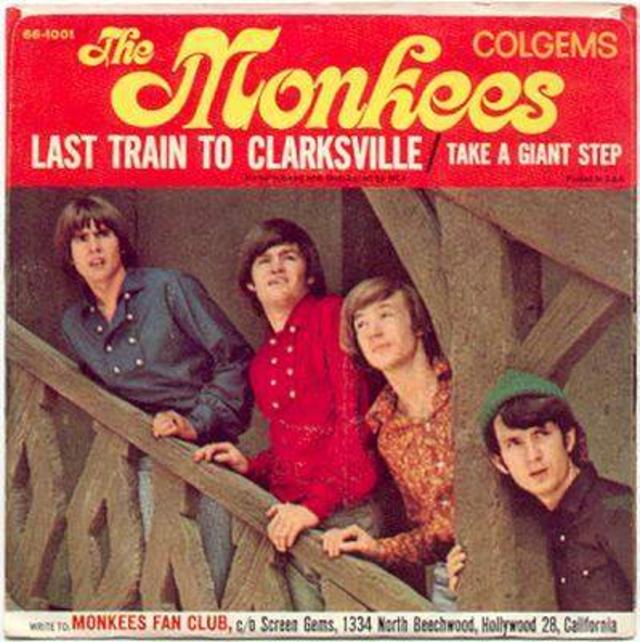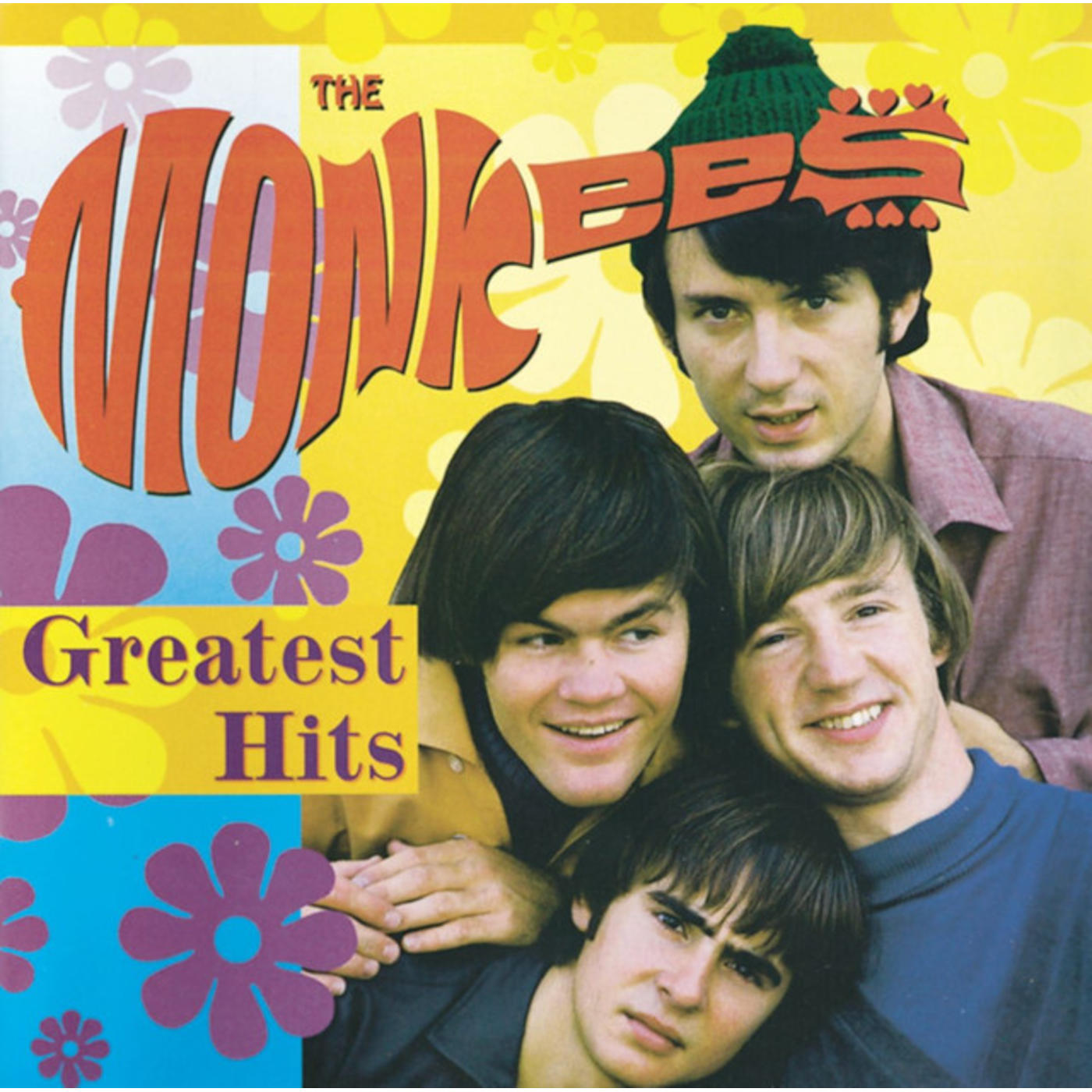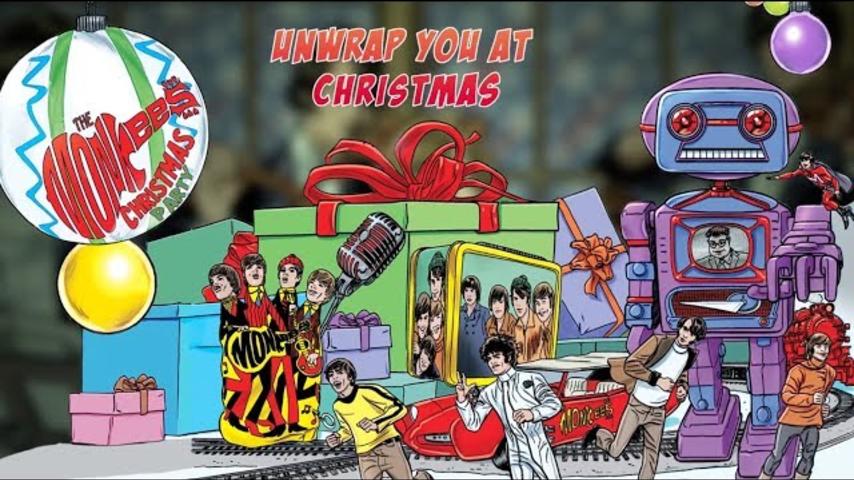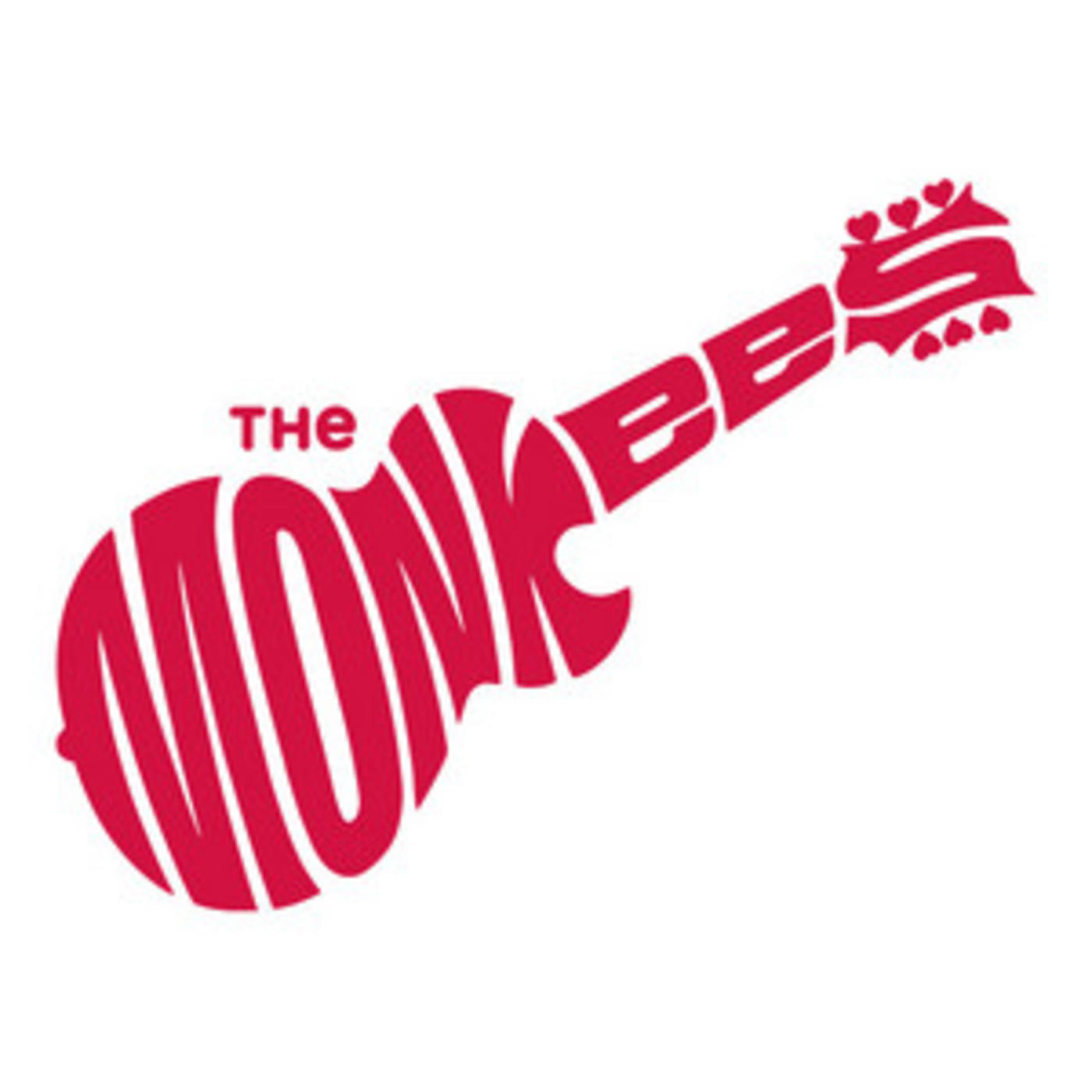Once Upon a Time in the Top Spot: The Monkees, “Last Train to Clarksville”

Brace yourself, Micky, Peter, and Mike, because this is gonna make you – and everyone else – feel old, but…it was 48 years ago today that the very first single by the Monkees became the Monkees’ very first #1 hit.
Composed by Tommy Boyce and Bobby Hart, the songwriting duo whose contributions were invaluable to the Monkees’ career (the reverse might also be said as well), “Last Train to Clarksville” was recorded at RCA Victor Studio B in Hollywood on July 25, 1966 and released less than a month later, on August 16, if that gives you an idea how quickly things were moving for the group at the time. (Hey, that’s what happens when you’ve got the combined power of Don Kirshner and Screen Gems in your corner.)
If you’ve ever heard the story that the city cited in the song is Clarksville, Tennessee, which is a stone’s throw away from Fort Campbell, Kentucky, we regret to inform you that it isn’t really true: according to Hart, the Clarksville / Fort Campbell connection was one that he and Boyce didn’t know about when they were writing the lyrics. In fact, Hart had originally referenced Clarksdalein the lyrics, having recalled a town in northern Arizona that he’d passed on his way to Oak Creek Canyon once upon a time.
There’s also another longstanding lingering story about “Last Train”: was it really a protest song about a soldier going off to Vietnam? Well, in his 1993 autobiography, I’m a Believer: My Life of Monkees, Music, and Madness, Micky described it as “an antiwar song about a soldier going off to war,” a position he’d already confidently offered up in a 1987 Entertainment Tonight interview. If you watch the clip, though, you’ll notice that Peter makes a point of clarifying that, although he’d heard that it was an anti-war song, he’d never actually heard the Vietnam aspect confirmed by Boyce or Hart themselves, while the late Davy Jones can actually be heard to say, “Oh, I get it now! I never realized that before!”
So what’s the truth of the matter?
Well, the internet is filled with pages which reference a quote attributed to Hart in which he explains that “we couldn't be too direct with The Monkees,” says that “we couldn't really make a protest song out of it,” and adds that “we kind of snuck it in.” Having said that, however, we’ll be damned any of those pages actually offers attribution to the original interview, so we’re hard pressed to commit to its accuracy. It seems fair to say that it was at least a protest song, though, whether it was specifically about Vietnam or not.
But does it really matter? Give it another listen, and we think you’ll agree that, no, it really doesn’t. In the long run, all that matters is that it’s one of the most memorable pop songs of the 1960s, and one that you’ll have stuck in your head for the rest of the day.
You’re welcome.



